Where does rain come from? Most rain comes from the sea! Water on land, in lakes and seawater evaporates when it's heated by the sun to form a gas called water vapour.
Water vapour rises and cools back into water droplets forming clouds. When the droplets of water are big enough they fall as rain which eventually flows back to the sea.
This process is called the water cycle. Water on earth is recycled over and over.
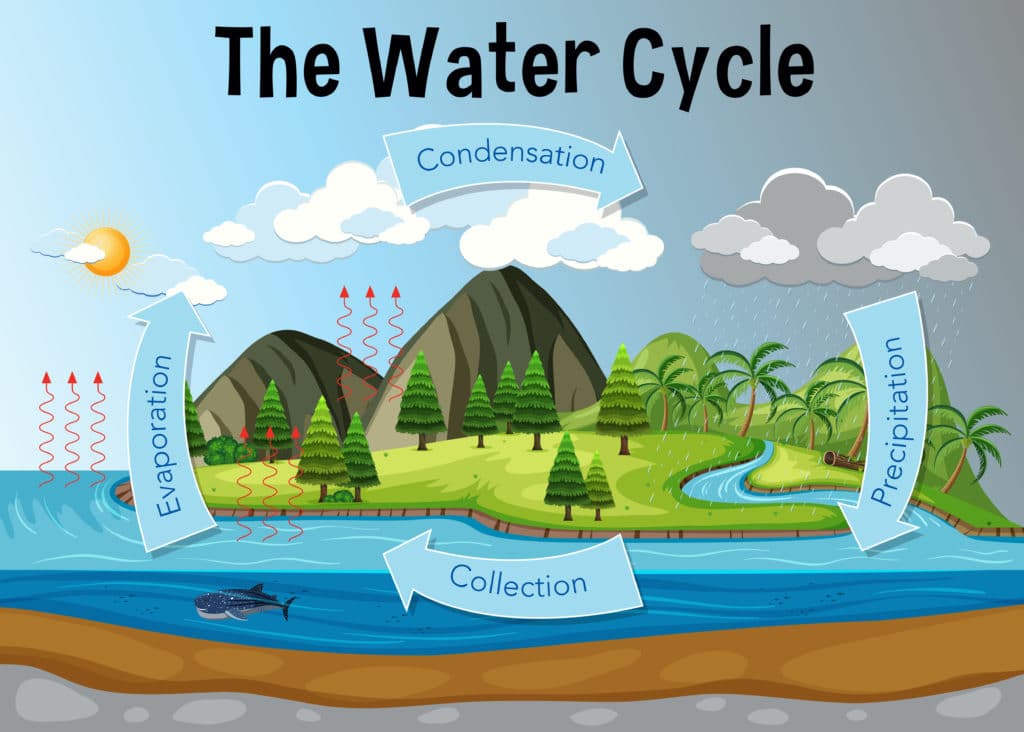
Rain Science Activities
Measure rainfall with a DIY rain gauge.
Red Ted Art has a brilliant cloud spotter for learning about different types of clouds.
Learn about the water cycle with my easy water cycle printable sheet.
Find out what shape a raindrop really is.
Learn about cloud names and shapes with the Met Office.
Make a lovely eggy cloud breakfast with these egg white cloud shapes.
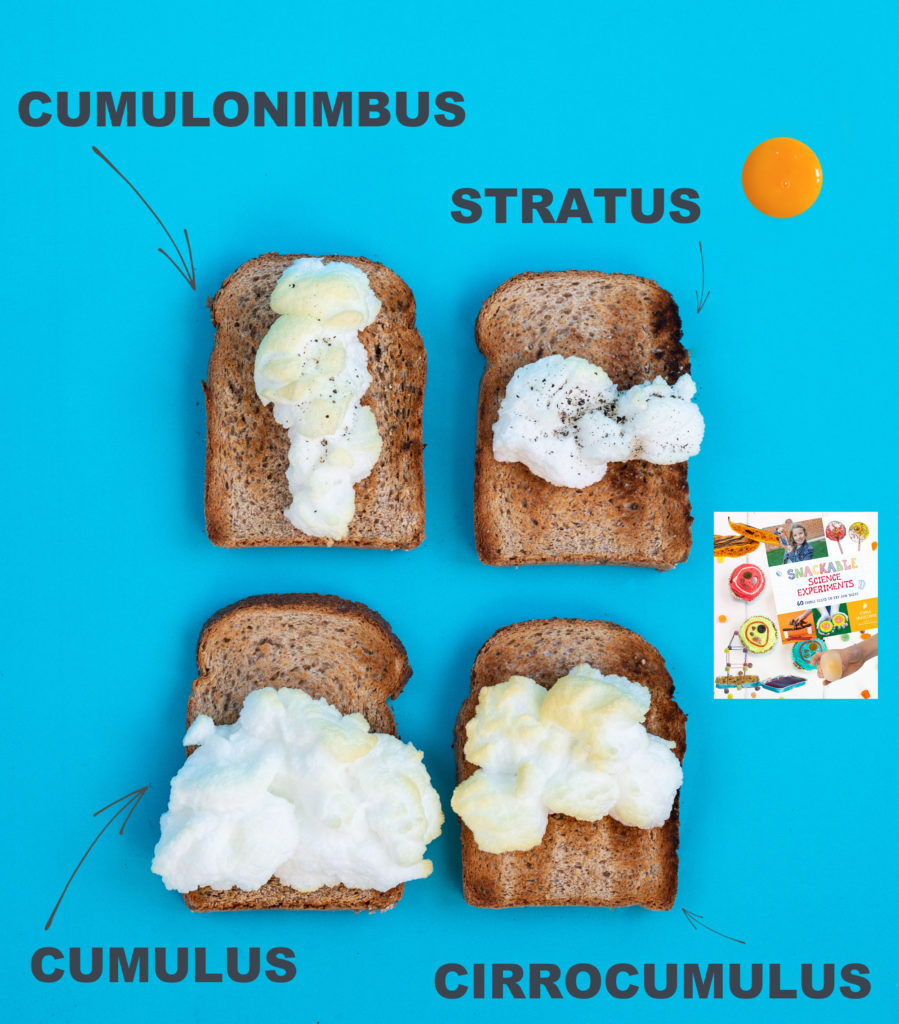
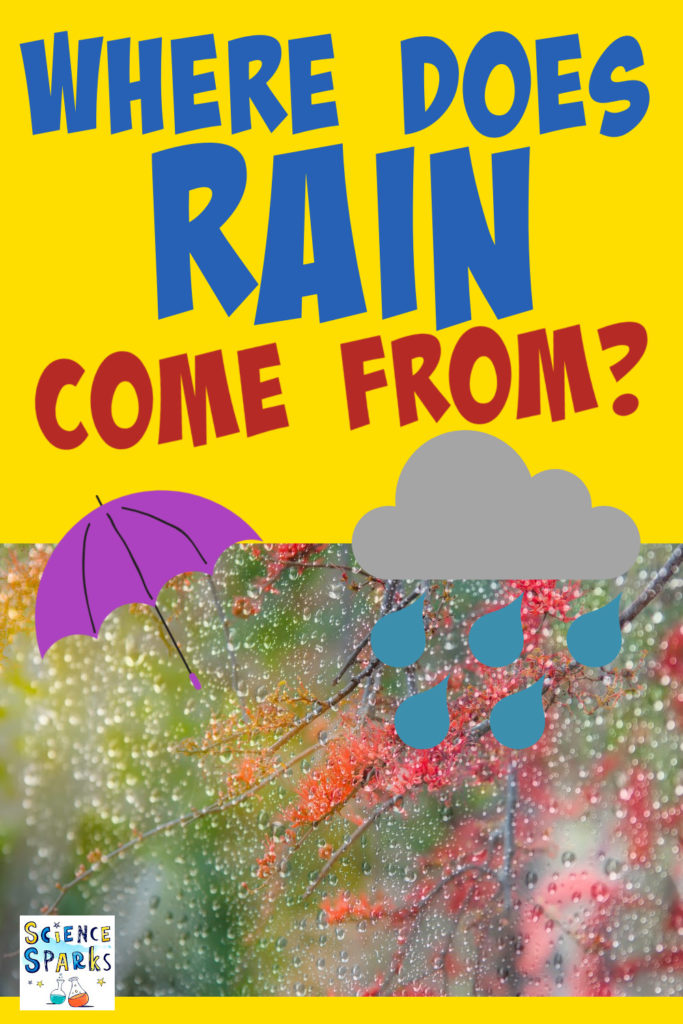
Affiliate links
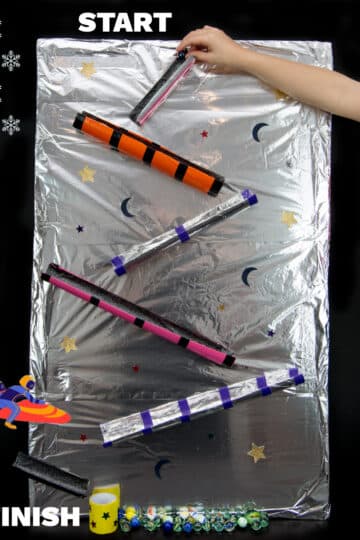
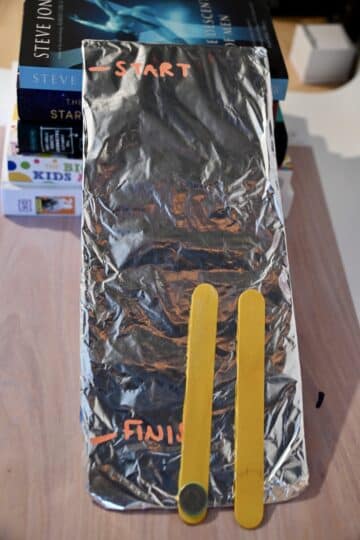

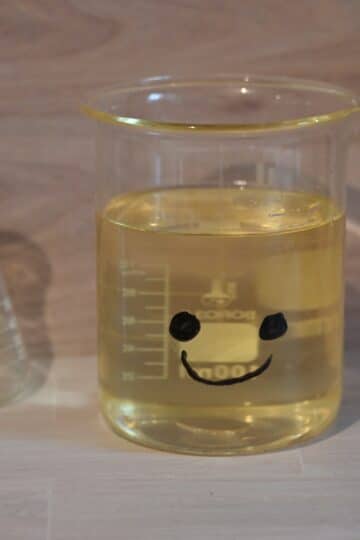
Leave a Reply